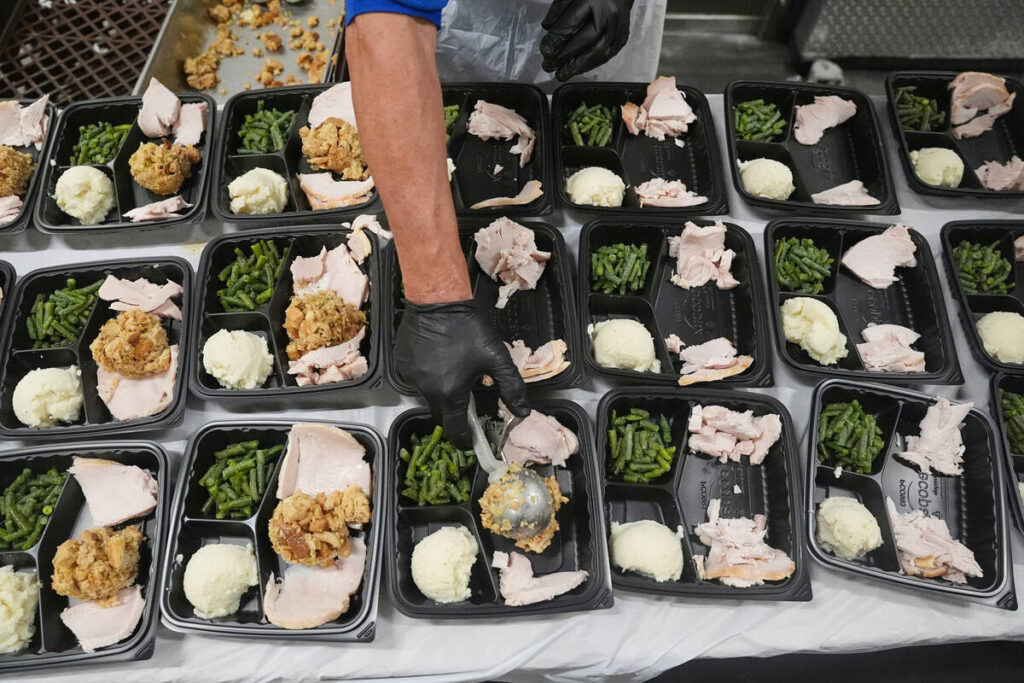Judges order Trump administration to use contingency funds for SNAP payments
Summary
Two federal judges ordered the Trump administration to tap contingency funds to keep SNAP (the Supplemental Nutrition Assistance Program) running during the government shutdown, blocking a planned freeze of benefits. The rulings—one by U.S. District Judge Indira Talwani in Massachusetts and a near-simultaneous ruling from a judge in Rhode Island—came as USDA had said it could no longer fund SNAP amid the shutdown.
The judges directed the administration to use emergency accounts (including a roughly $5 billion contingency pot and pointing to an additional $23 billion account) to continue payments. They gave the government until Monday to report how benefits for November would be funded. The decisions are likely to be appealed.
Key Points
- Federal judges ordered the administration to continue SNAP funding by using contingency funds, ahead of a planned benefits freeze.
- SNAP serves roughly 41 million people and costs about $8 billion per month nationally; suspending benefits would sharply affect low-income families and food banks.
- The administration argued the $5 billion contingency fund cannot legally cover SNAP; states and plaintiffs say it must be used and note another federal account with about $23 billion is also available.
- Judge Talwani indicated her ruling would apply nationwide and urged the government to use emergency funds rather than stopping benefits outright.
- States, food banks and advocates had already been scrambling — some states pledged or prepared to use their own funds to bridge gaps if federal help lapsed.
- USDA said contingency funds won’t last long; the rulings could be appealed and the practical reload of EBT/debit cards may still take days to weeks.
Why should I read this?
Because this directly affects how millions of people get food. If you care about social safety nets, state budgets or whether the government will step in during a shutdown, this one’s worth a quick look — judges just forced a temporary fix that could change who footing the bill and how soon people get groceries.
Context and relevance
The rulings arrive in the middle of a high-profile funding standoff that has already prompted many states and food banks to prepare emergency measures. SNAP is one of the largest federal assistance programmes, so any interruption has ripple effects for families, local charities and state finances. The judicial orders test how far courts will go to mandate emergency spending during a shutdown and may shape future disputes over nationwide injunctions and executive discretion in funding emergencies.
Author style
Punchy: judges stepped in to avert a looming hunger crisis — that means headline action now, appellate fights later. Read the detail if you want the timeline and legal logic; it shapes who pays next and how quickly people get fed.
